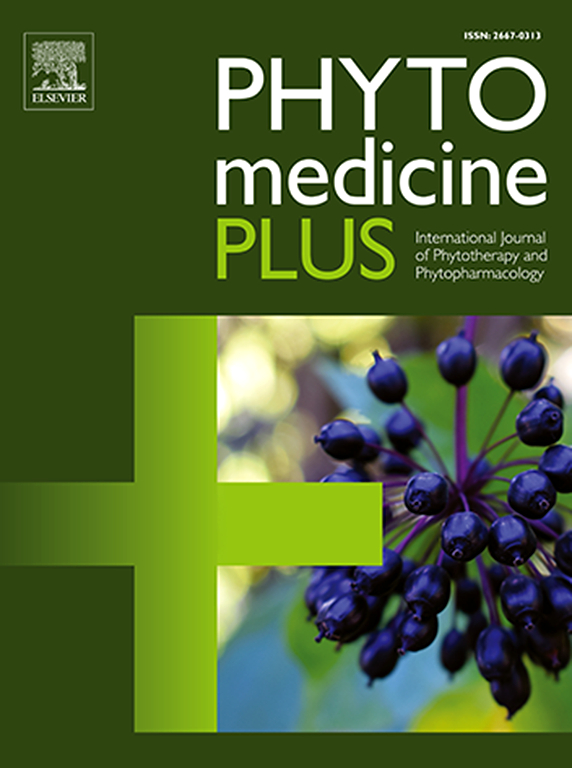利用自然:植物来源的纳米载体用于癌症治疗的靶向药物递送
Q3 Pharmacology, Toxicology and Pharmaceutics
引用次数: 0
摘要
背景/目的不断上升的全球癌症负担强调了创新疗法的必要性,以解决传统治疗的局限性,如耐药、全身毒性和生物利用度差。植物源性纳米载体(pdn)为靶向药物递送提供了一个可持续的、生物相容性的和有效的平台。本文综述了pdn的分类、机制和在提高癌症治疗效果方面的治疗潜力。方法采用Scopus、Web of Science、PubMed等数据库进行文献综述,选取近十年同行评议的文献。我们检测了各种PDN类型,如磷脂小体、脂基纳米颗粒、聚合纳米颗粒和外泌体样纳米囊泡。结合相关临床前和临床病例研究,分析了药物包封、释放和肿瘤靶向的机制。结果spdn改善了药物的稳定性、溶解度和靶向递送,降低了对健康组织的毒性。案例研究强调了姜黄素、阿霉素和植物源生物碱等药物的成功递送。主要的挑战包括可伸缩性、稳定性和监管障碍。讨论了绿色合成和人工智能集成等新兴解决方案。结论pdn将纳米技术与天然生物材料相结合,在提高疗效和个性化的同时减少副作用,是癌症治疗的一个有前景的前沿。克服目前的限制可以加速临床应用并彻底改变癌症治疗。本文章由计算机程序翻译,如有差异,请以英文原文为准。

Harnessing nature: plant-derived nanocarriers for targeted drug delivery in cancer therapy
Background/objective
The rising global burden of cancer underscores the need for innovative therapies that address limitations of conventional treatments, such as drug resistance, systemic toxicity, and poor bioavailability. Plant-derived nanocarriers (PDNs) offer a sustainable, biocompatible, and effective platform for targeted drug delivery. This review explores the classifications, mechanisms, and therapeutic potential of PDNs in enhancing cancer treatment outcomes.
Method
A comprehensive literature review was conducted using databases including Scopus, Web of Science, and PubMed, focusing on peer-reviewed publications from the past decade. Various PDN types such as phytosomes, lipid-based nanoparticles, polymeric nanoparticles, and exosome-like nanovesicles were examined. Mechanisms of drug encapsulation, release, and tumor targeting were analyzed alongside relevant preclinical and clinical case studies.
Results
PDNs improve drug stability, solubility, and targeted delivery, minimizing toxicity to healthy tissues. Case studies highlight successful delivery of agents like curcumin, doxorubicin, and plant-derived alkaloids. Key challenges include scalability, stability, and regulatory hurdles. Emerging solutions such as green synthesis and integration with artificial intelligence are discussed.
Conclusion
PDNs represent a promising frontier in cancer therapy by merging nanotechnology with natural biomaterials to enhance efficacy and personalization while reducing side effects. Overcoming current limitations could accelerate clinical adoption and revolutionize cancer treatment.
求助全文
通过发布文献求助,成功后即可免费获取论文全文。
去求助
来源期刊

Phytomedicine Plus
Medicine-Complementary and Alternative Medicine
CiteScore
3.70
自引率
0.00%
发文量
178
审稿时长
81 days
期刊介绍:
 求助内容:
求助内容: 应助结果提醒方式:
应助结果提醒方式:


